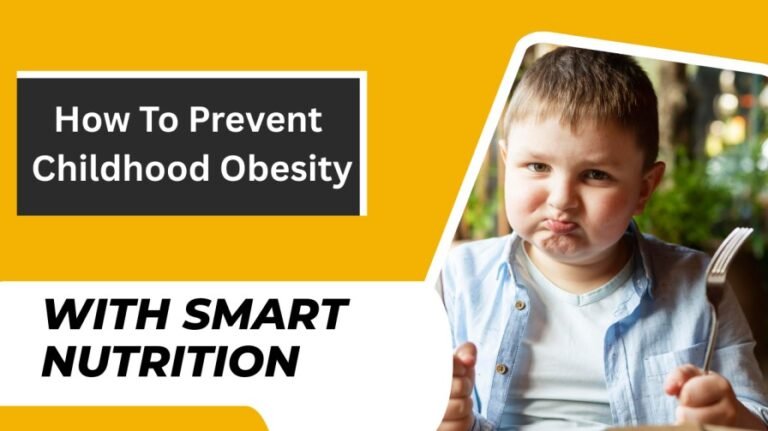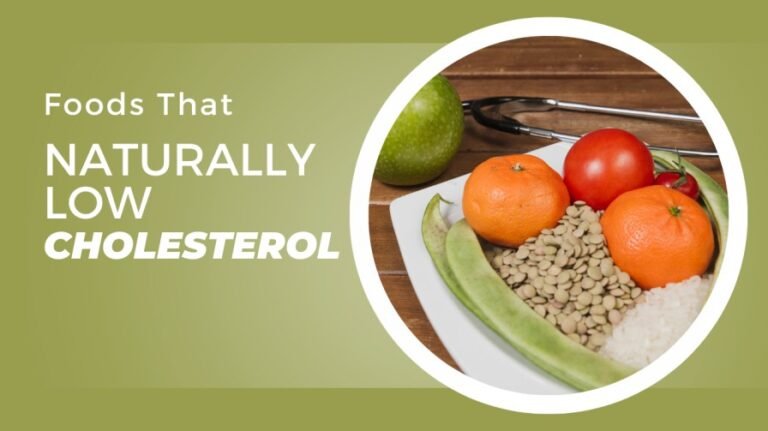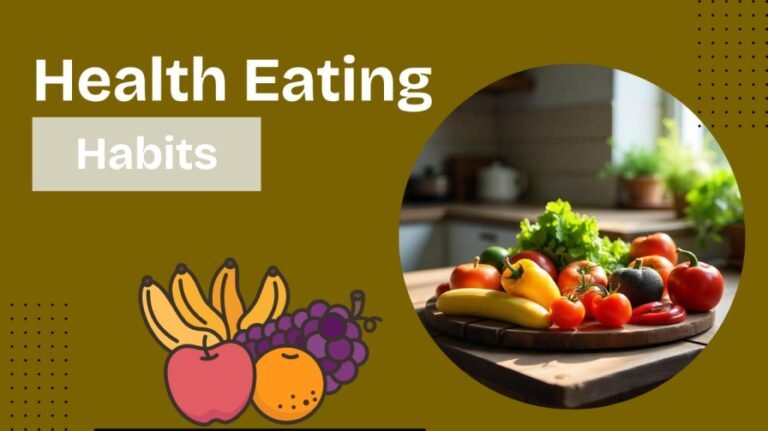Prenatal Nutrition Essentials for a Healthy Pregnancy

BringPregnancy is a journey unlike any other. Behind the visible glow of an expectant mother lies a complex symphony of biological processes, all working tirelessly to nurture a new life. At the center of this intricate process? Nutrition. What you eat doesn’t merely satisfy hunger—it directly fuels your baby’s growth, organ development, and long-term health prospects.
Why Prenatal Nutrition Matters More Than You Realize
From the moment conception occurs, your body transforms. Hormonal shifts recalibrate your metabolism, blood volume expands, and nutrient demands skyrocket. Without sufficient nourishment, both you and your baby may face unnecessary risks—low birth weight, developmental delays, even complications during delivery. Proper prenatal nutrition isn’t optional; it’s foundational.
The Nutrients That Shape Your Baby’s Future
1. Folic Acid: The Protector of Neural Health
During those fragile early weeks, when you might not even know you’re pregnant, folic acid works silently to prevent severe birth defects. It’s recommended to consume 400 to 600 micrograms daily from sources like spinach, citrus fruits, and fortified grains. Don’t skip this one—its impact is enormous.
2. Iron: The Lifeline Nutrient
Pregnancy increases your blood volume by nearly 50%. Iron is critical for creating hemoglobin, which transports oxygen to your baby’s tissues. Fatigue and weakness can indicate deficiency. Include lean meats, lentils, fortified cereals, and don’t forget pairing them with vitamin C-rich foods to enhance absorption.
3. Calcium: Strength for Bones and Beyond
Calcium isn’t just about strong bones. It’s essential for muscle function, nerve transmission, and heart health. If your intake falls short, your baby will draw calcium directly from your bones, potentially weakening your own skeletal health. Aim for 1,000 milligrams daily from milk, cheese, yogurt, almonds, and leafy greens.
4. Protein: The Growth Engine
Every organ, every muscle, every ounce of your baby is built from protein. It’s a macronutrient you cannot afford to neglect. Lean meats, fish, eggs, tofu, legumes, and seeds offer excellent sources. Think of protein as the raw material from which your baby’s body is crafted.
5. Omega-3 Fatty Acids: Building the Brain
DHA, a form of omega-3, is a powerhouse for brain and eye development. Your baby’s cognitive future depends on this nutrient. Incorporate fatty fish like salmon, flaxseeds, chia seeds, and omega-3 enriched eggs. Supplements may also be recommended by your healthcare provider.
6. Vitamin D: Often Forgotten, Always Essential
Vitamin D plays a behind-the-scenes role in calcium absorption and immune function. While sunlight exposure helps, many women fall short. Include fortified dairy or plant milks, and consider supplements if necessary.
7. Fiber and Fluids: Keeping Digestion on Track
Pregnancy hormones relax your digestive system, often leading to constipation. Whole grains, fruits, vegetables, and ample hydration can ease discomfort and promote smooth digestion.
Foods to Approach With Caution
Pregnancy isn’t a time for dietary risks. Be mindful of certain foods that can harm you or your baby:
- Limit caffeine: Excessive intake may increase miscarriage risk. Keep it under 200 mg daily.
- Avoid raw or undercooked seafood, meats, and eggs: They carry the risk of bacteria like Listeria or Salmonella.
- Steer clear of unpasteurized dairy: It could expose you to harmful pathogens.
- Say no to high-mercury fish: Mercury can harm fetal brain development. Skip swordfish, king mackerel, and tilefish.
Practical Eating Tips for Moms-to-Be
- Small, frequent meals help manage morning sickness and stabilize energy levels.
- Nutrient-dense snacks are your friend. Swap chips for yogurt and nuts.
- Stay hydrated, aiming for around 8-10 glasses of water daily.
- Don’t skip meals—even when nausea makes eating challenging.
Feeling overwhelmed? You’re not alone. Most women find it difficult to meet every nutrient target through food alone, which is why prenatal vitamins are typically recommended. They’re a safety net, not a replacement for a healthy diet.
The Emotional Side of Eating for Two
While science guides what you should eat, remember that food is also emotional. Pregnancy cravings, aversions, and mood swings can complicate even the most carefully planned meals. Be gentle with yourself. Aim for balance, not perfection.
Conclusion: You’re Building a Life, One Bite at a Time
Every snack, every meal, every vitamin—you’re laying the foundation for your baby’s health and development. Prioritize nutrient-rich foods, stay hydrated, and consult your healthcare provider to personalize your nutrition plan. Your baby’s first building blocks start with what’s on your plate.
Start eating not just for two, but for a lifetime of wellness—for both of you.






